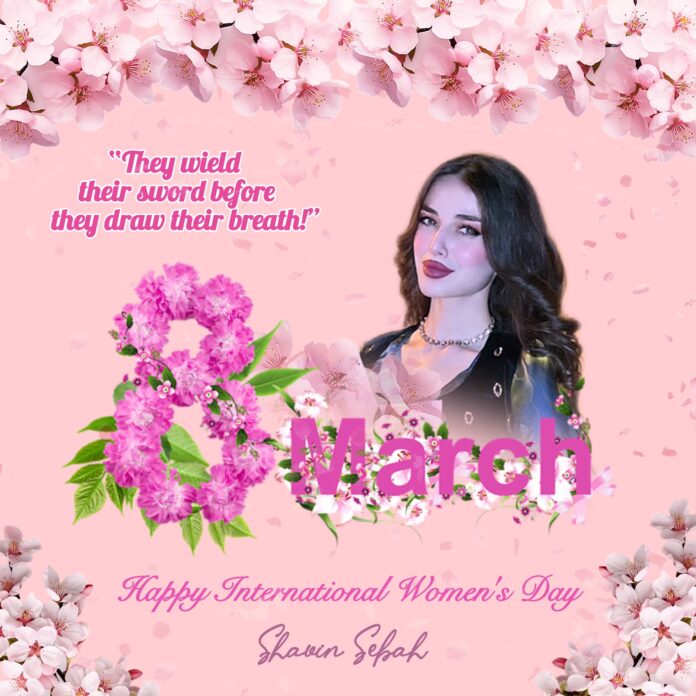Shavin Sebah
On this day in 1857, in New York City, USA, a group of female workers in a textile and clothing factory staged a protest. Their demands were fair: better wages, reduced working hours, and a share of their rights. However, they were met with brutal suppression. The women faced extreme violence, and tragically, the factory was set on fire, leading to the deaths of hundreds of workers. A similar incident occurred on March 8, 1908, when women once again protested for fair working conditions, the right to vote, and political participation.
Between 1913 and 1914, women in Russia took to the streets to protest against World War I. The following year, women across Europe joined in solidarity with Russian women, further strengthening the call for women’s rights. These events fueled the idea that a dedicated day should be set aside for women to demand their rights.
For the first time, a German activist named Clara Zetkin proposed the idea of International Women’s Day. In 1975, the United Nations officially recognized March 8 as International Women’s Day. Since then, this date has remained a historic symbol of women’s struggle for equality across nations and cultures.
Throughout history, women have often been viewed as weak and oppressed. However, countless women have proven their strength through their words, actions, and accomplishments, earning recognition in society and the world. Fighting against the oppression of women is not simply about resisting injustice; it is a battle that demands sacrifices, just like any great war. True success comes only when all barriers are broken, and all imposed restrictions are overcome.
This struggle is especially evident among Kurdish women, who have faced unique challenges unlike women of other nations. Kurdish women have endured immense hardships and have been remembered not only as mothers, sisters, and daughters but also as warriors, leaders, and revolutionaries. They have played a vital role in the Kurdish struggle, particularly in the Gulan Revolution. Thousands of female Peshmerga have sacrificed their lives on the frontlines, including Leyla Qasim, who became a symbol of victory—not just for the Middle East but for the entire world.
Likewise, Kurdish women from all four parts of Kurdistan have made their mark in politics, such as Hapsa Khana Naqib, Mother Tabriz, and Liza Khan, who fought alongside their male counterparts for freedom.
In this struggle, Dayê Razbad, Mastura Ardalan, Khaja Bawa, Leyla Qasim, and many other Kurdish lionesses became martyrs, their spirits forever intertwined with their homeland.
A Kurdish proverb says:
“A woman places swords before her own breath.”
A woman is like a flower—without water and care, she withers. But if she nurtures herself, she becomes a flowing river, bringing life and growth wherever she goes. A woman who recognizes her own strength becomes her own guide and stands firm against anyone who seeks to diminish her.
Encourage women to see and embrace the power they hold today!
This power was not freely given to them; they forged it through their own struggles.
Women have always been a source of hope in times of despair. They inspire others, clear the path to success, and turn dreams into reality.
A world without women is a world without thought, without creation—an empty, lifeless desert where nothing can grow.
“I salute you because you have given life to thought.
I salute you because you have enriched the universe.”





